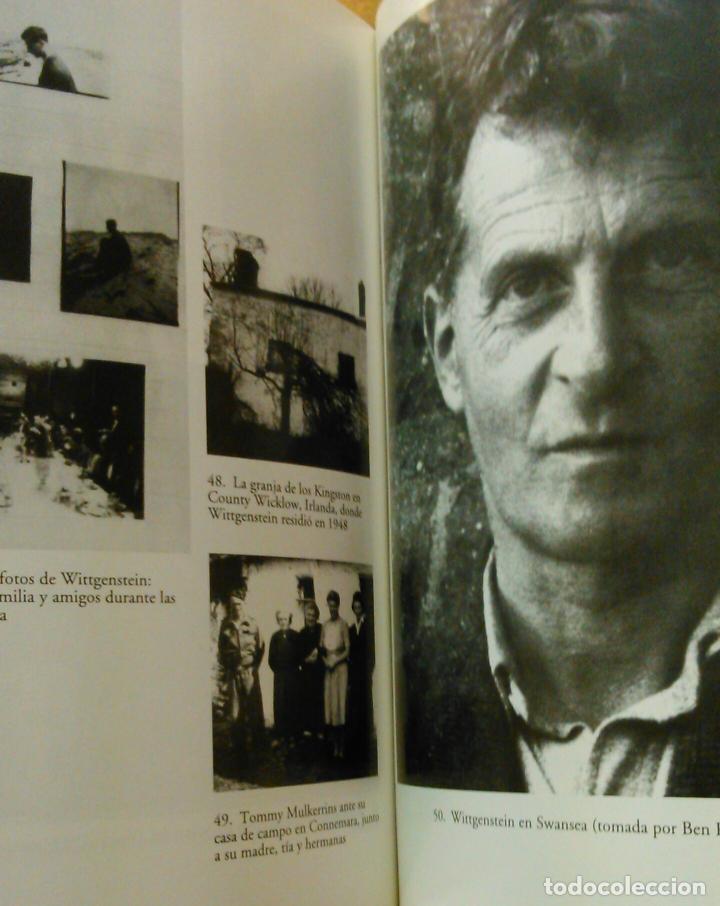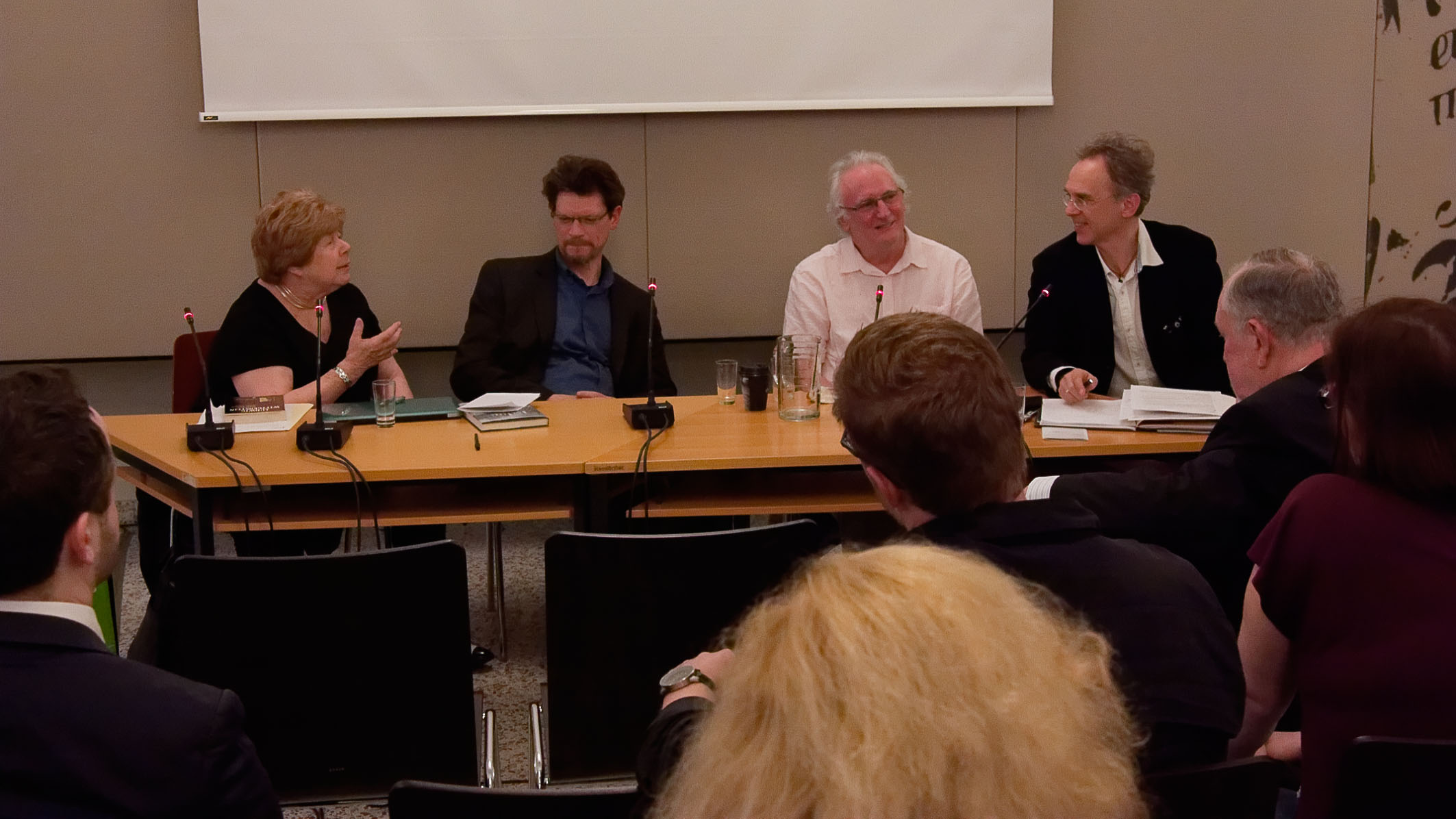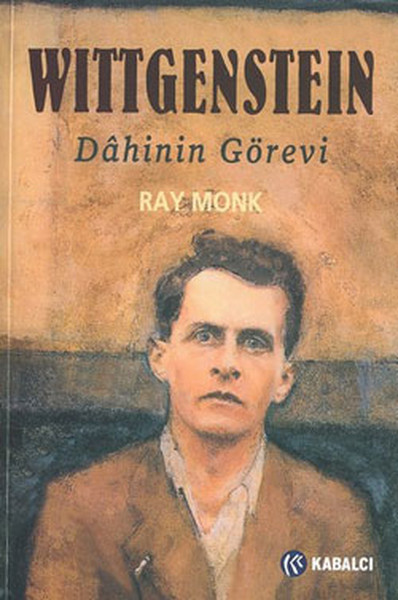

God was conscience, Christianity not a matter of doctrine but entirely of practice, of attitude. By 1916 his reading of Tolstoy and Dostoevsky, combined with his background in Schopenhauer and Weininger, had led him to a belief in God and Christianity, if in a typically abstract, almost solipsistic, way. All this took place in the cultural hothouse of Vienna 1900.ĭuring World War I, Wittgenstein experienced a kind of religious conversion. He was also a great patron of the arts, especially music, as indeed his father had been before him. Karl went on to become the most influential man in the Austrian steel industry, and one of the richest in the Hapsburg monarchy.

Wittgenstein’s father, Karl, married a woman of Catholic religion but again of Jewish descent (on her father’s side), Leopoldine Kalmus. His grandfather, Hermann Christian, had (as the name suggests) left Judaism and converted to Protestantism, eventually settling in Vienna, the home of his wife, also a convert from Judaism. Wittgenstein was born in 1889 into one of the most remarkable families of late 19th-century Central Europe. His life, full of wonders, also fills the reader with wonder. In his never-ending struggle with himself, his insistence on personal integrity in thought and deed, and his deep insights into the human condition and the religious nature of man, Wittgenstein in Monk’s portrayal is revealed as a hugely sympathetic personality. It is not Wittgenstein’s brilliance, however, which stands out in this biography-after all, that is to be expected-but rather the aweinspiring qualities of the man. His genius as a technical logician was dumbfounding an awestruck Bertrand Russell virtually gave up serious philosophy not long after meeting him, and even when he later disagreed with Wittgenstein’s ideas, he retained his respect for his genius. Wittgenstein founded not one but two of the major movements of modern philosophy.

Moreover, no one with Wittgenstein’s immense ethical seriousness would have been a likely candidate for happiness in the usual sense.įor all that, his life was wonderful. There was the fact of his Jewish ancestry, which weighed on him, and there was his strained relationship to his own sexuality, itself tinged with tragedy (the two men whom he truly loved, David Pinsent and Francis Skinner, died tragically young, and the one woman whom he planned to make his wife rejected him).

It was full of personal suffering, much of it self-imposed. In Ray Monk’s superb biography we see just how wonderful Wittgenstein’s life was. “Tell them I’ve had a wonderful life.” These were the last words of perhaps the greatest, certainly one of the most influential, philosophers of our century.


 0 kommentar(er)
0 kommentar(er)
